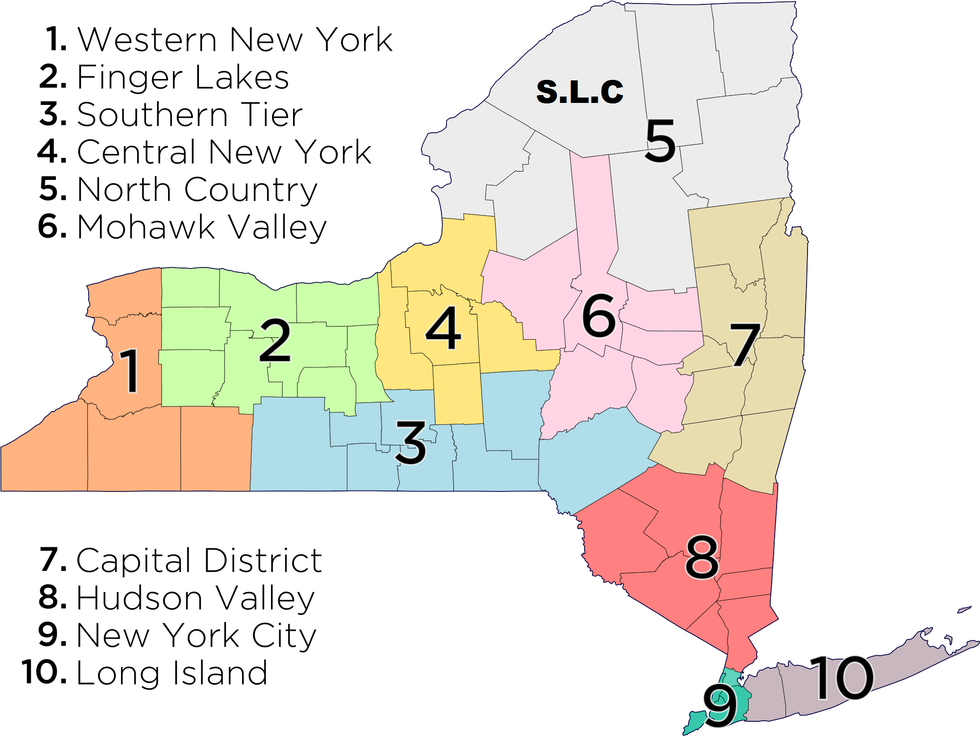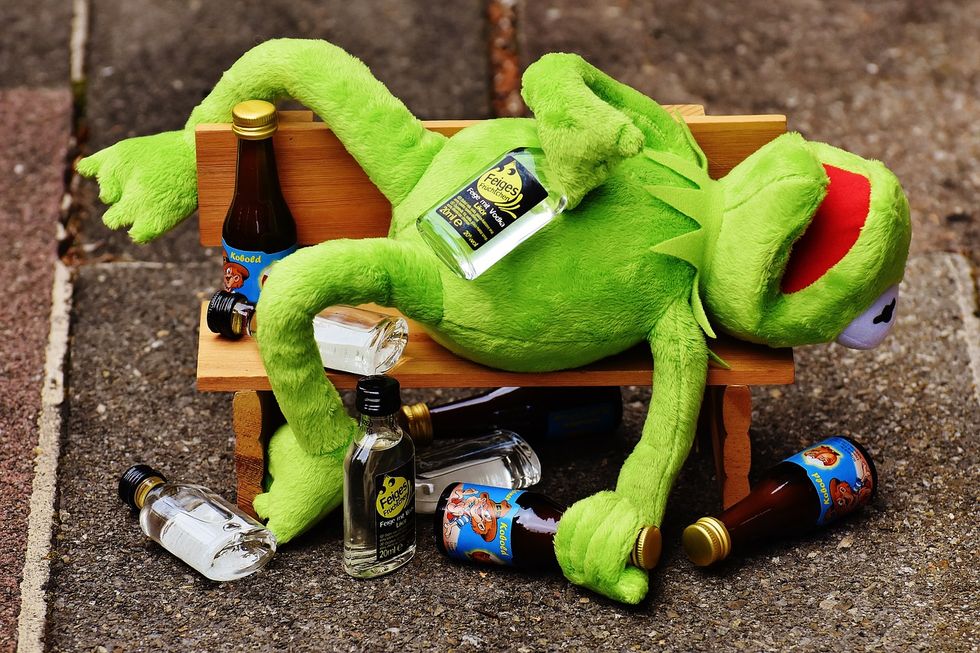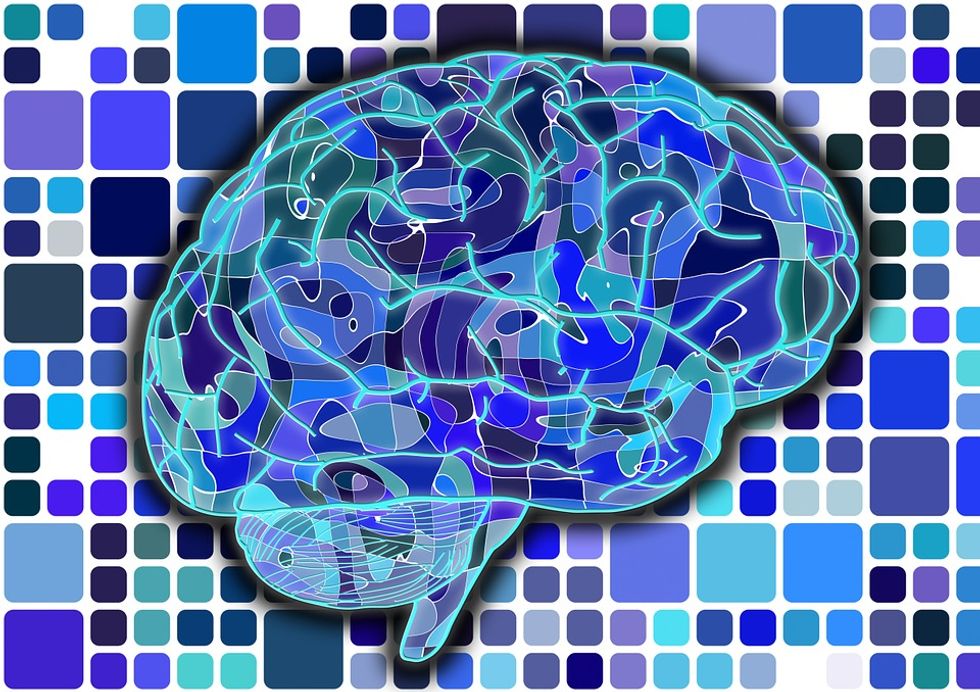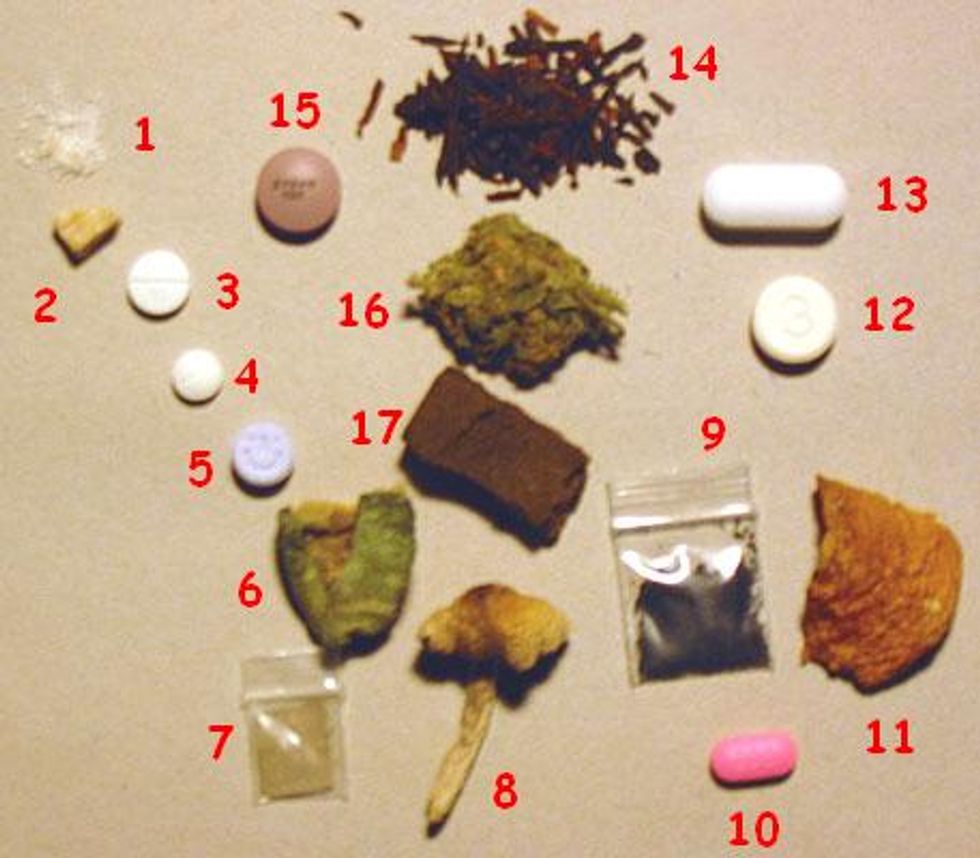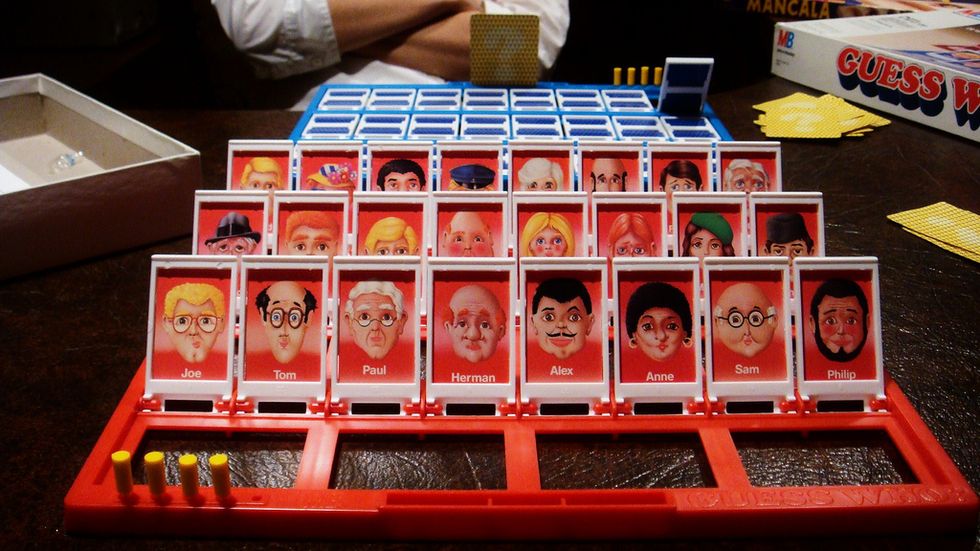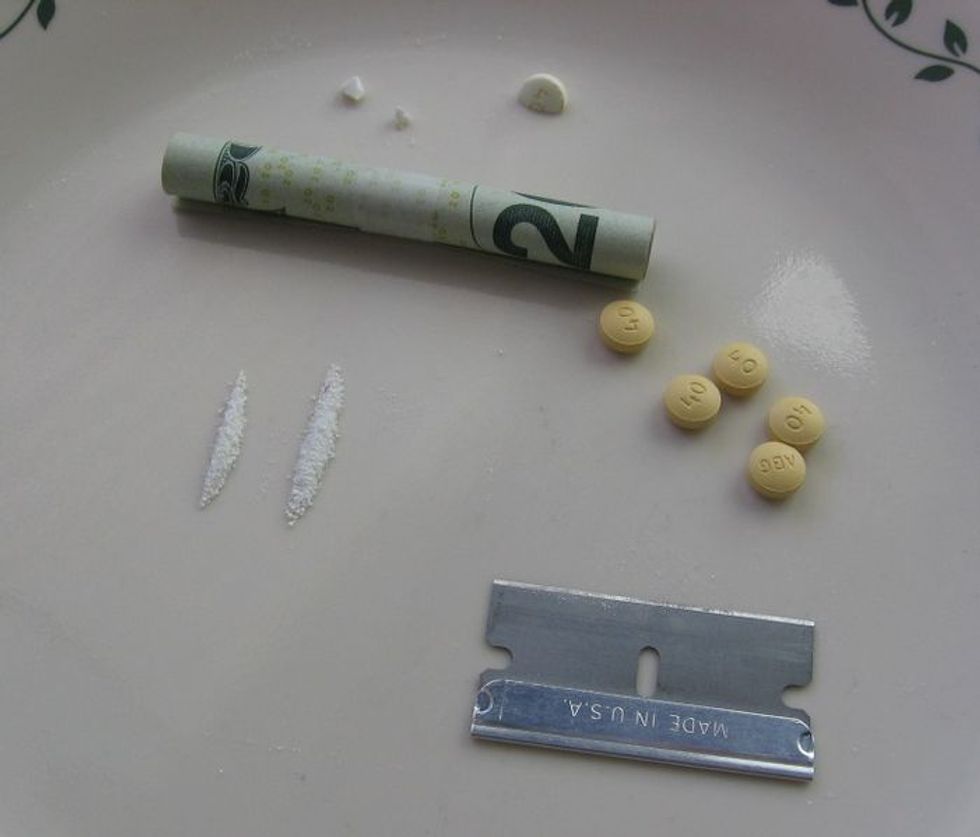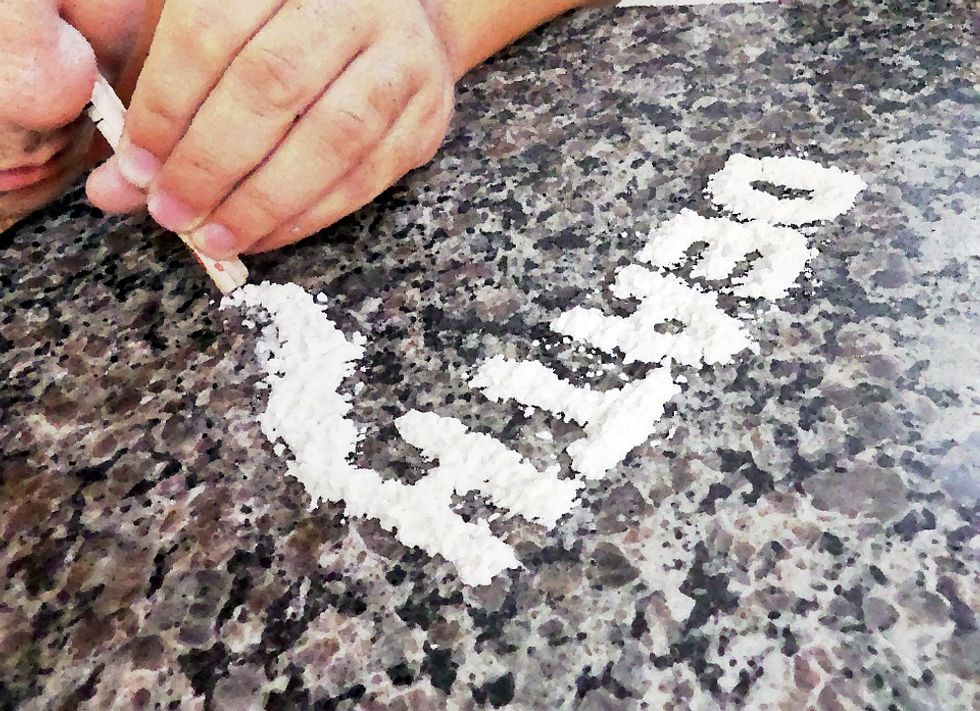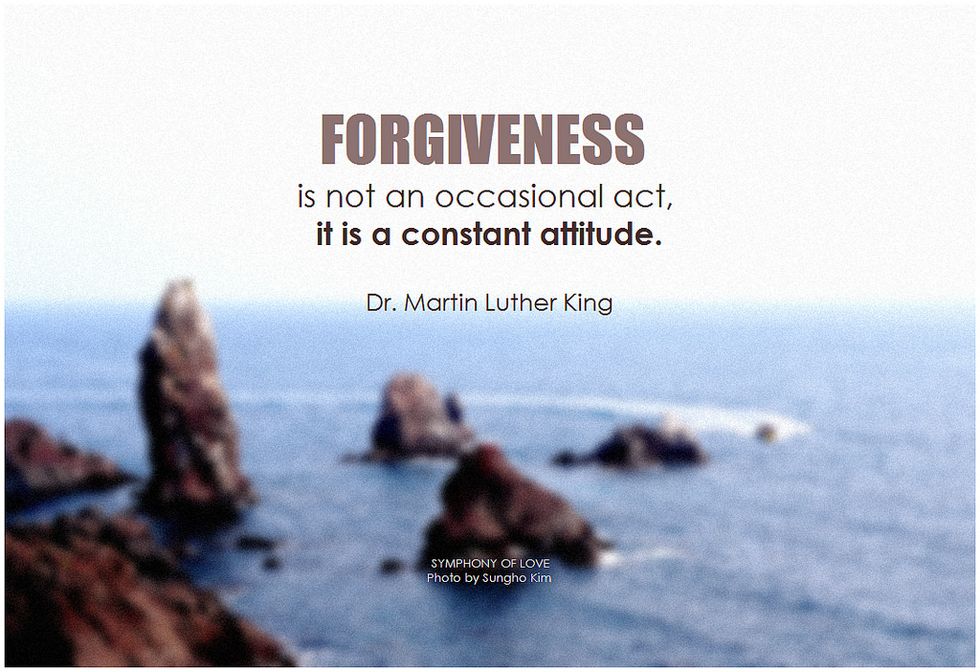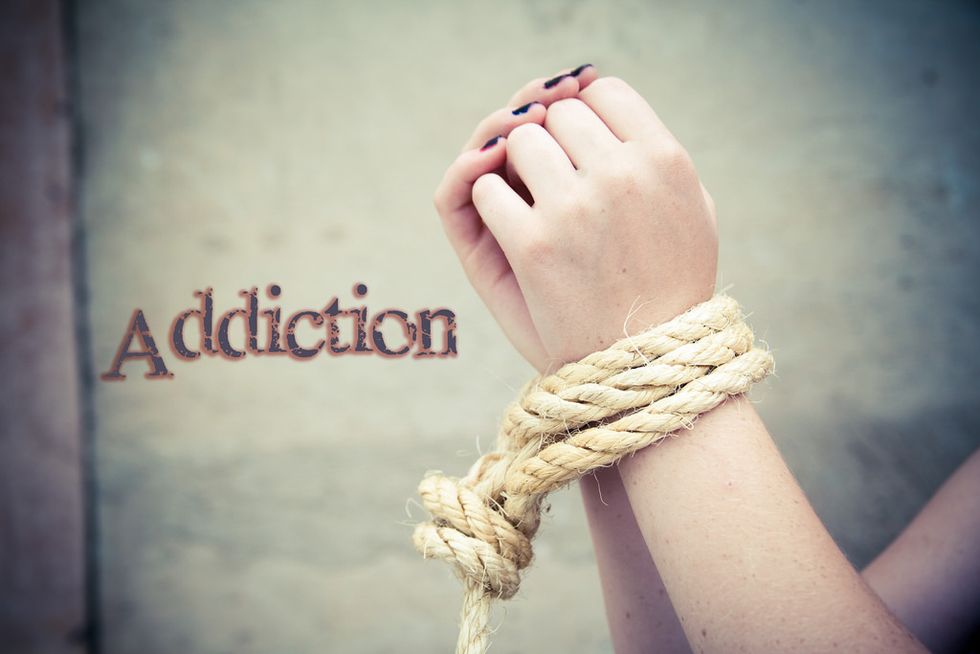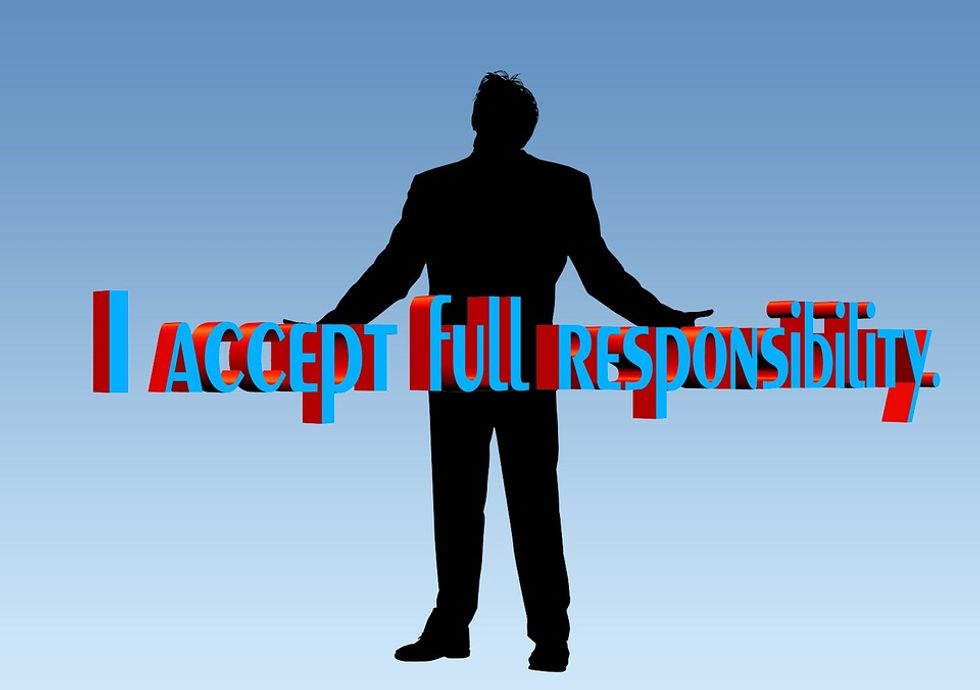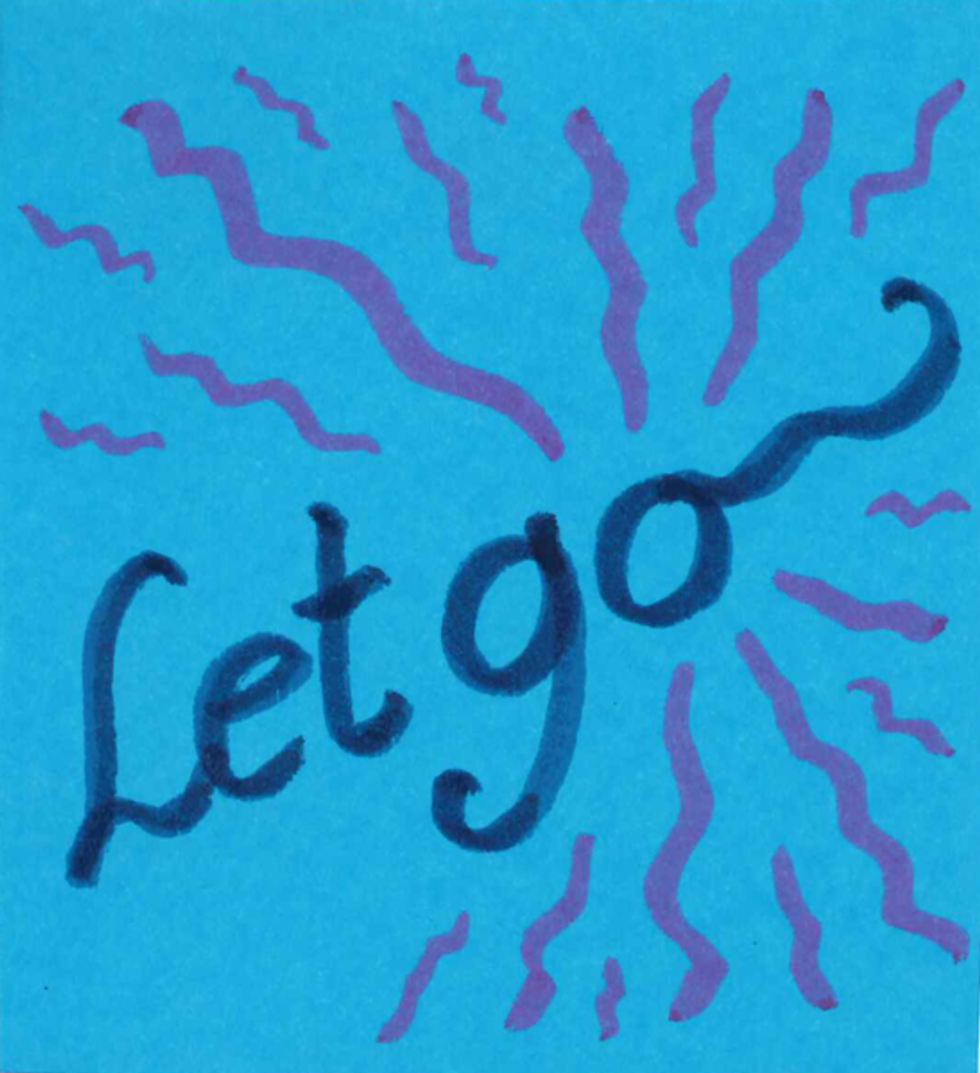Substance abuse and addiction rates have grown rapidly across the country. Consequently, one-fourth of all drug-related deaths took place in the United States, according to the United Nations Office on Drugs and
As the rates of substance use and drug addiction rise, the controversy concerning them also increases.
Is addiction a disease? Is it not? Does it really even matter?
People are dying every day as the epidemic progresses. In 2016, approximately 64,070 individuals died as a result of a drug overdose in the United States.
I'm from a small town in upstate New York, also known as the North Country. Drug use has been steadily on the rise in the region.
In fact, in 2016 alone, over 14 people in my county, the St. Lawrence County, died from an opioid overdose, two of whom I know for sure wasn't even 20 years old.
As I grew in a rural town flooded with drug addiction, I noticed the way society treats someone who suffers from addiction and the way an addict thinks of society, too. The following list entails 11 other things that being surrounded by addiction has taught me.
1. Addiction creates atypical childhoods.
Growing up in an environment in which people are oftentimes, if not all times, under the influence of a substance can put a strain on the mental, emotional or even physical well-being of a child.
When you're really young you imagine that everyone's father drinks themselves into a stupor. Then, school comes along, and eventually, you catch on to the fact that, well, something is off. You kind of become the outcast really quick... how could you not when your father shows up drunk and creates a scene during your fourth-grade music concert?
Alcohol and other drugs completely make one's cognitive thinking defunct, so how can someone properly care for their children if they can't even think straight.
Though my childhood was not a walk in the park, compared to the children of many other addicts, it was a dream. Unfortunately, some people are so heavy on drugs that they neglect and/or abuse their children (see number nine).
2. Drugs truly turn those we love into unrecognizable fiends.
Drugs change those we love by literally rewiring the way their brain functions! The chemical makeup of many drugs is similar to a neurotransmitter naturally found in our brains. Because the structure of the drug is so alike, it tricks receptors into allowing the attachment of the drug to our neurons, which then become activated.
Despite the fact that drugs imitate the chemicals already found in the brain, they do not activate neurons in the way a natural neurotransmitter would. As a result, unusual and abnormal messages are transmitted throughout the brain's network.
These drugs typically target the system in the brain responsible for rewarding your natural behaviors. Some drugs indirectly or directly attack the brain's reward system by producing large quantities of dopamine, which flow through the brain's network like a tsunami.
The overproduction of neurotransmitters naturally found in our brain can lead to the inability to recycle our naturally occurring chemicals. Once the brain has acclimated to the increased change in dopamine production by decreasing the amount of dopamine produced or the number of receptors that are capable of receiving signals, it can be nearly impossible to feel any pleasure after the drug has been stopped.
The things that used to make someone happy no longer satisfies them, they feel spiritless. In an attempt to feel pleasure, addicts continue to up the dosage. Sometimes, people take it too far and lose themselves entirely, body, mind and soul.
3. Addiction comes in many forms.
Not only my father abused substances, but several members of my family have been hooked on a substance at one time or another. The North Country is rampant with substances for users to abuse and they come in plentiful shapes, sizes, colors and consistencies.
Each addict has had a drug of choice, but when it comes down to it, at the height of their addiction, nothing mattered. Whatever gives addicts that fuzzy feeling, allowing them to suppress their own emotional baggage is, for that time being, worth anything.
For a while, it was enough, for some of them, it still is. When someone is looking for a way not to feel anything, or maybe a way to feel something better than what they've been feeling, they'll go to unexpected lengths. This ranges from popping, snorting, smoking or injecting opioids like Heroin, Fentanyl, Xanax, Percocet, Oxycodone, Oxycontin or even Suboxone, to getting a kick out of nitrous oxide whippets and promethazine.
Sadly, this is truly just the tip of the iceberg, as the drugs available to the public seem to be innumerable.
4. Addicts come in many forms.
Literally, anyone can become an addict. Regardless of race, ethnicity, place of origin, sexual orientation, gender identity or class. Class, however, might affect what kind of drugs one is addicted to.
The fact that drug addiction has become such an intense epidemic suggests that you more likely than not know someone who is battling addiction.
It seems that anyone can become someone else with the help of drugs. No matter who they were, no matter how kind, loving and responsible, they are no longer that version of themselves.
That person is gone and instead, a zombie walks in their place, feasting on everything that once made you see such bright light in a person, feasting on someone who once made you feel such tender love.
Every step they take and every move they make convinces you that they're devoid of humanity. Despite the fact that an addict you (once?) loved has acted in such a way that makes you question their humanity, you can't be devoid of it yourself, at least I refuse to be. Maybe I'm too soft and naive, but I simply don't believe in giving up on people.
5. No one randomly decides that they're going to become an addict. Duh!
In fact, over half of all drug users live with a coexisting mental illness.
I remember a conversation with my Aunt, who battled most of her life with addiction, and in the end, lost her life to the infliction. She spoke of how "we all [everyone in her group] struggles with some kind of illness. Most group members she knew were a fleshy cocktail of physical and mental illness.
She thought out loud about how things might've been different had their initial illnesses been properly addressed. Not to mention, many individuals initially get hooked on an opioid through their doctor. Within the last 15 years, the rate of doctors prescribing opioids has quadrupled.
6. Whether or not addiction is a disease is not as important nor as relevant as the fact that people are dying every day.
Though this debate is good on one hand because it is bringing awareness to the issue, unfortunately, in many cases it also sparks stigma. Every time I see a debate going down on Facebook/Tumblr/Twitter I notice that a shockingly large amount of people are so quick to say that addicts get what they deserve when they O.D. They feel that addicts don't deserve empathy because they do it to themselves.
Maybe they do, maybe they don't. I don't know, I'm not some know all genius, what I do know is that people are far too complex to have such harsh snap judgments made about them. Especially, when it's so harsh as to dismiss the life of another with such ease.
Saying things like this only adds to the stigma and is not helping anyone! Why would someone who you made fel so ostracized come to you for help to beat their addiction? They wouldn't.
7. Compassion and forgiveness go a long way.
I think that once you've taken the time to really try and understand someone, once you truly get to the root of that individual's pain, grief, anger and whatever else may be bottled up within them, you start making strides. You begin to see glimmers of the person they once were, but you have to be willing to be vulnerable and so do they.
No one will stay sober if they don't want or feel the need to, and it's definitely not easy to come clean without some kind of support system. There are many types of people in this world. There are people who when they've got no one in their corner, collapse, people who pick themselves up, people who try but don't succeed, people who try to help, people who walk by and people who throw punches (yes, sometimes, deserved).
I guess what I'm saying is I wish there were more people in this world who want to help people up when they fall, rather than kicking them while they're down.
8. Once you're an addict, you're an addict for life.
Sometimes, when I'm at home on break from college, I stay up super late and I just read in my room. I'm lazy, and if I realize I forgot to shut the door after I've already gotten comfy, it stays open.
Anyway, this stupid annoying commercial plays from the living room. It's advertising for a "resort rehab." Every time before it ends, the man speaking says, "I was an addict, now I'm not."
LIAR. Paid actor, same thing.
I always get infuriated when I hear those words. Every substance abuser I've known has said, even the ones who've been sober for 10 plus years, that they still think about the possibility of relapsing on nearly a daily basis.
Recovering addicts still think about abusing every day after getting clean, for a long time it might even be a constant burning urge, a sober addict may think of it only during times of stress or hardship. There is no complete foolproof cure for addiction.
9. Addiction is not an excuse.
Though becoming dependent on drugs does rewire the brain and make it difficult for one to quit using a substance, that does not mean it gives you a pass for the behavior you exhibited, the decisions you made and especially any of the people you hurt.
You are responsible for who you are when you aren't sober, and whatever you do you have to live with.
10. Sometimes you just need to let go.
While the air I've been breathing in the North Country may have been slightly toxified by addiction, many people are not as lucky and are trapped in the confines of a drug-induced nuclear fallout zone. You simply cannot help others if you are not safe in all respects.
If your physical or mental well being has been constantly jeopardized at the hands of someone else, regardless of whether or not they’re under the influence, or they're someone close to you, even related, you still deserve the right to cut ties.
If 10 years down the road they're sober and come back into your life... accept them, or don't, depending on the circumstance. I haven't experienced what you have, no one has, and you don't owe anyone an explanation. Just let go of them for a bit. Let go of everything that haunts you, and if things are ever different in the future, discover what that means for you.
11. You cannot change the past, but you can create a better future.
Once you've let go of all your frustrations and realize you cannot change the past — you can start focusing on the here and now. You can figure out what needs to be done in the present in order to have a future worth working for. Perhaps, you might actually take the steps needed to put your dreams into action.


